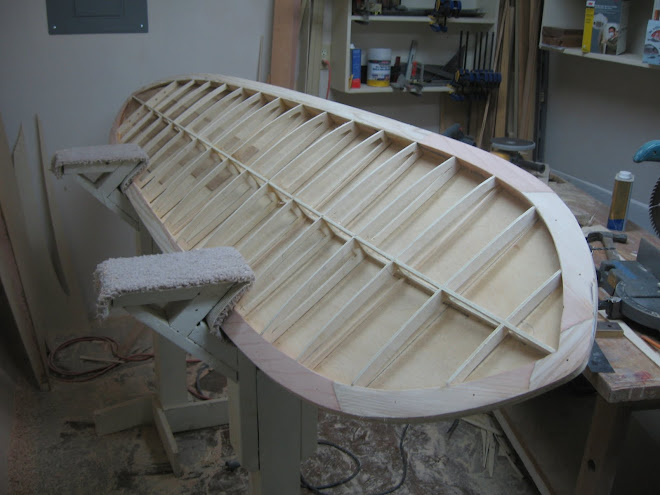
In the above referenced article, sociologist Richard Sennett describes craftsmanship as an “enduring, basic human impulse, the desire to do a job well for its own sake.” He adds, "It’s also an impulse that contemporary culture, with its obsessive embrace of efficiency, financial reward, and the bottom line, has devalued—to its own detriment." Another quote from the article: "Part of craft’s anchoring role is that it helps to slow down labor. It is not about quick transactions or easy victories. That slow tempo of craftwork, of taking the time you need to do something well, is profoundly stabilizing to individuals. "When people are forced to do things quickly it becomes a type of triage. In the process of working very fast, we don’t have the time for reflection and being self-critical. We tend to go into autopilot and mistakes increase. Self-critical faculties decrease with speed, and the brain does a better job of processing when it goes slowly than when it goes rapidly. "The capitalist economy sacrifices the logic of craft, which results in poorly made objects and a degraded physical environment."
And further in the article, he observes: "On a more practical matter, I think that craftsmanship flourishes in small-scale business and I’d like to see our government, like the British government, invest more in small-production businesses. That’s an absolute necessity. To support craftsmanship you have to support enterprise on the small-scale level." The article concludes with this salient observation: " I think the web is a fantastic medium for craftsmen. It is a means for mutual support, skill sharing, and problem solving. There is something inherently workshop-like that dwells on the web; it is a great technology for craft."



































.jpg)












No comments:
Post a Comment